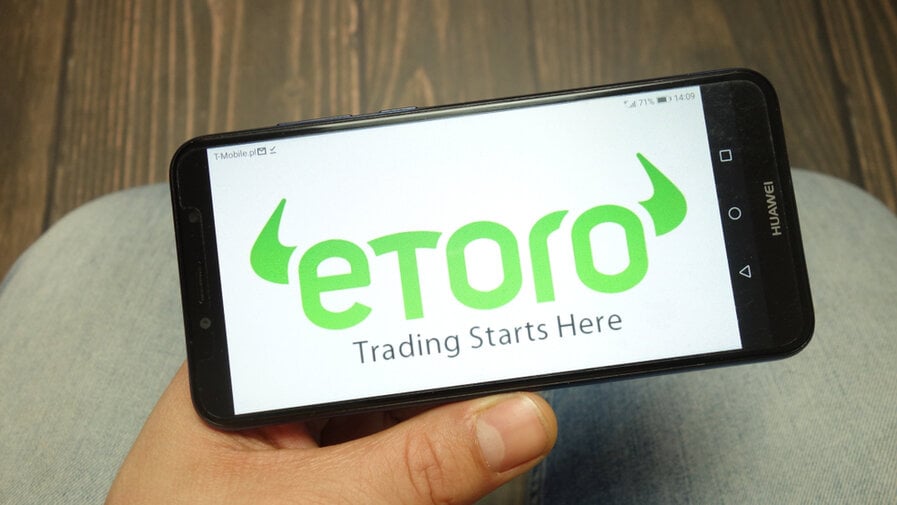We remain a supporter of cryptoassets and believe in the importance of offering our users access to a diversified range of asset classes, which includes stocks, ETFs, and options. (3/5)
— eToro US (@eToroUS) June 12, 2023

Financial trading platform eToro said Monday that U.S. customers can no longer purchase Algorand (ALGO), Decentraland (MANA), Dash (DASH), and Polygon (MATIC), starting next month—as the Securities and Exchange Commission’s regulatory double-tap echoes throughout the financial services industry.
Among 24 tokens listed on eToro’s U.S.-facing crypto platform, the tokens to be dropped were labeled as securities by America’s financial watchdog in market-rattling lawsuits against top crypto exchanges Coinbase and Binance.
“US customers will no longer be able to open new positions in Algorand (ALGO), Decentraland (MANA), Dash (DASH), and Polygon (MATIC),” an eToro spokesperson told Decrypt. “Customers can continue to hold and sell existing positions in these coins.”
The changes will take effect on July 12, eToro said—giving U.S. customers a month-long window to continue trading the tokens in question. The spokesperson did not explicitly mention the SEC’s latest lawsuits, but they drew attention to recent regulatory revelations.
“eToro has a framework in place which reviews the crypto assets we offer in light of the rapidly evolving regulatory landscape,” the spokesperson said. “Due to recent developments, we will be making some changes to our crypto offering for U.S. customers.”
Operating in more than 100 markets internationally, the Israeli firm underscored that only U.S. customers would be impacted. And eToro reiterated its overall commitment to crypto on Twitter.
We remain a supporter of cryptoassets and believe in the importance of offering our users access to a diversified range of asset classes, which includes stocks, ETFs, and options. (3/5)
— eToro US (@eToroUS) June 12, 2023
eToro’s announcement follows a disclosure last Friday from Robinhood, a stock trading app that also offers crypto, that it would also end support for ADA, SOL, and MATIC. The company attributed the change, taking effect June 27, to a “cloud of uncertainty” that’s recently descended over the tokens.
eToro and Robinhood are similar in the sense that they expanded to crypto offerings from other assets like stocks over time. Each platform opened the door to assets like Bitcoin and Ethereum for U.S. customers in 2018.
And while the SEC has exhibited a sense of regulatory rancor toward crypto companies that have allegedly failed to come into compliance, Robinhood and eToro are examples of firms with roots in other industries that were feeling feverish because of their proximity to crypto markets.